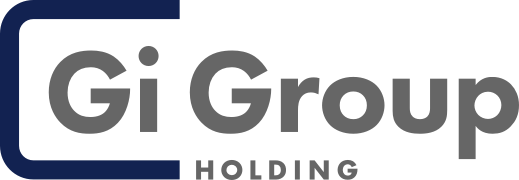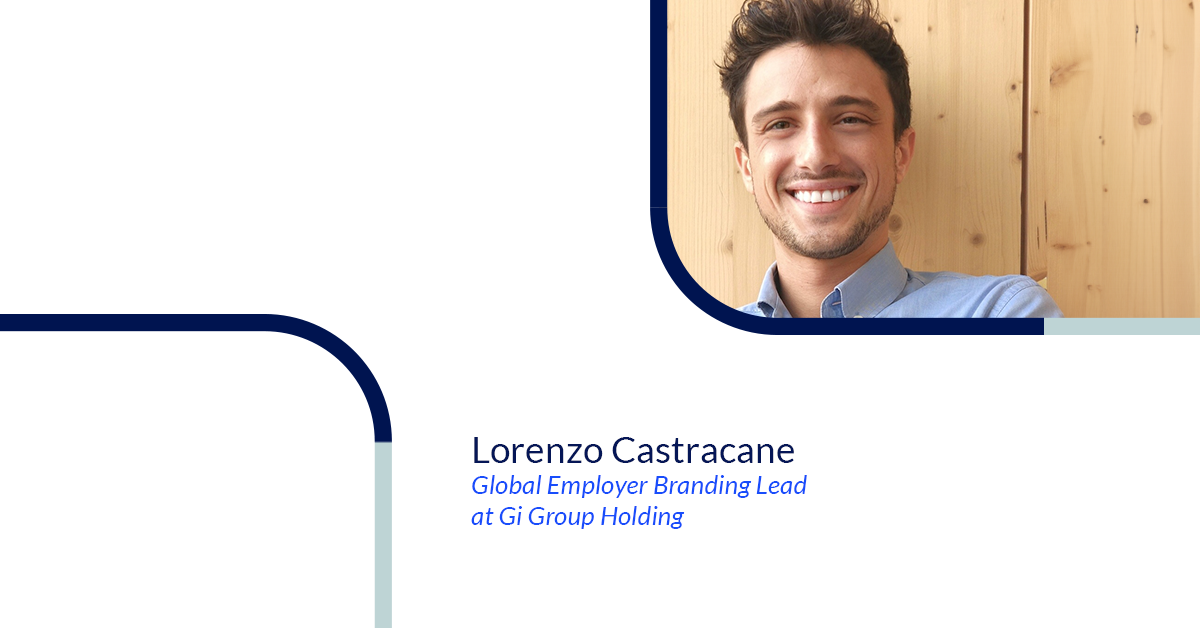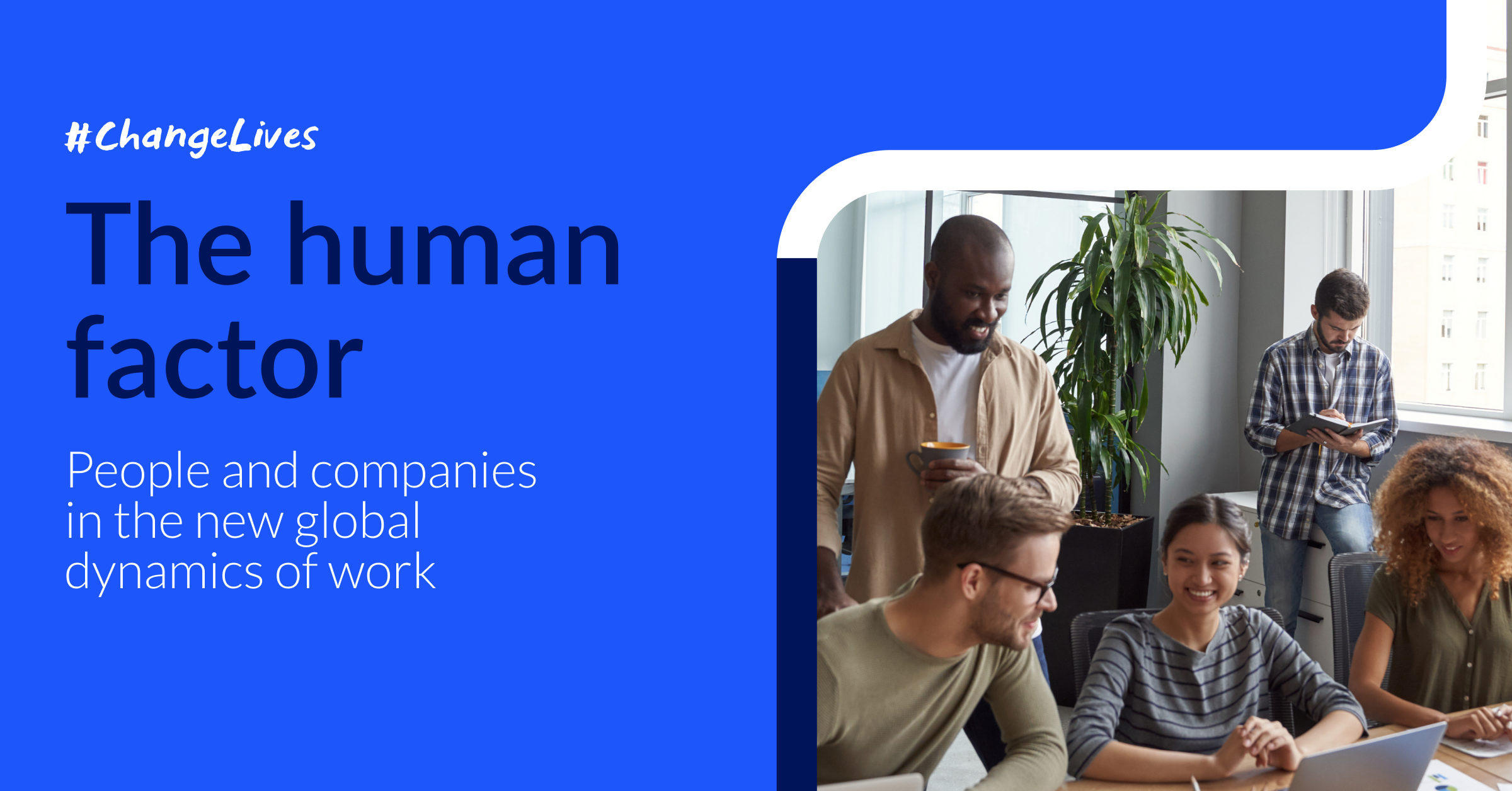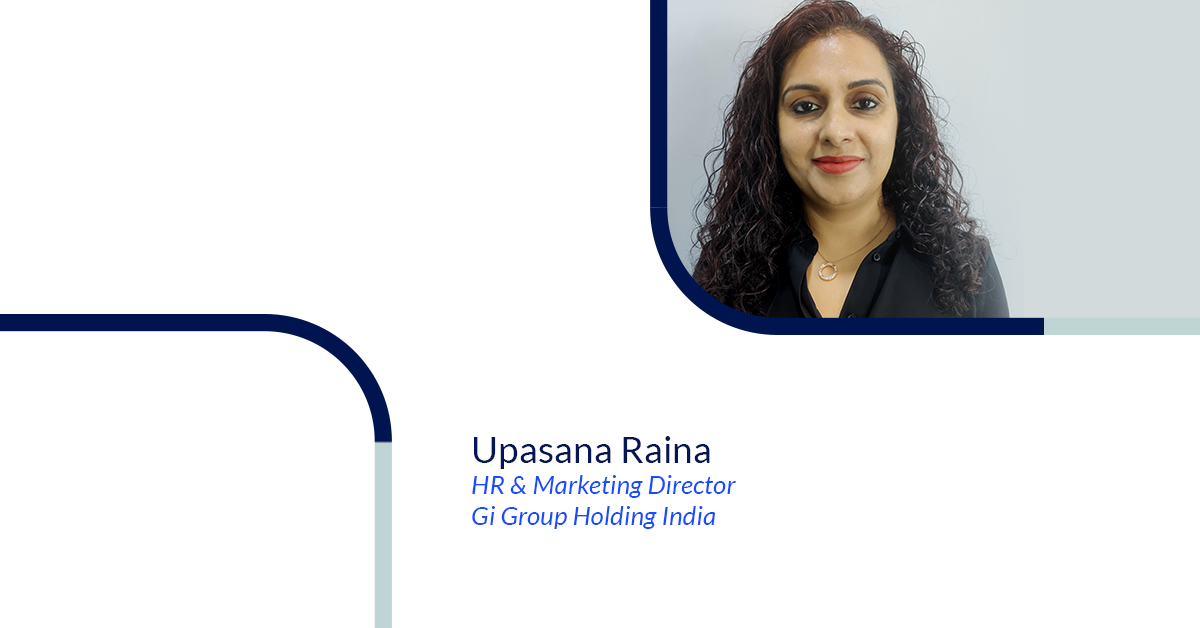How gamification opens up new opportunities for employee growth and career development

Cristina De Tomasi, Talent Acquisition & Employer Branding Senior Manager at Gi Group Italy comments on how new gameplay tools help company divisions tailor professional development programmes to specific employee career mobility needs.
In recent years, technology has had a massive impact on life in the workplace. From tools that enabled employee teams to connect and run operations remotely throughout the pandemic to new collaboration tools that allow companies with a global reach to leverage the knowledge of teams all over the world, use of advanced technologies is making life in the workplace easier and more fluid. At Gi Group Holding we decided to take this process a step further: we partnered with a start-up company LaborPlay whose programmes have enabled us to classify employees’ work skills and behaviours so that we can better support their professional development. The company’s gaming tools not only measure individuals’ gaming habits and game play preferences, but also deliver an experiential laboratory that facilitates learning, training and participation processes.
Mapping potential
The value of gamification or gameplay comes from the fun way it engages both applicants and current workers in processes for measuring skills and boosting engagement in work operations. Understanding what tasks and projects employee team members enjoy and thrive in also increases the likelihood that they will remain on board with the business for a longer period of time. For example, a LinkedIn study of 32 million member profiles shows that knowing employee and/or candidate skill ranges is critical. Gameplay that matches talent potential to specific roles can also contribute to flagging various options for both lateral and upward career moves and ensure that opportunities for new work tasks or projects are put forward at the right time.
Per LinkedIn, a worker who is promoted after 3 years has a 70% chance of remaining with the company, and this likelihood is 62% for workers offered a lateral shift to a different role that allows them to practice new skills.
Our HR department first adopted gamification programmes to manage employee applications within the Gi Group Holding internal mobility process. The games in use allow us to better understand and map how employees are doing in terms of the core competences we expect of them, and they support us in measuring employees’ readiness for new career challenges. So far, our colleagues’ feedback has been great. They point out that they appreciate being involved in online assessment centre (AC) programmes, and they like having data-driven evaluations that identify where they excel in their jobs and in which areas they can improve.
Cristina De Tomasi, Talent Acquisition & Employer Branding Strategy Manager at Gi Group Italy, explains why her team also believes this philosophy
Going that extra mile
An additional benefit of bringing in gamification tools to candidate and employee assessment programmes is the visible level of effort seen in the process. It takes time and planning to develop assessment centre and skills measurement procedures. Tools like gamification represent an extra step in an employer working to comprehend employee needs and often an extra level of caring shown by management teams. Again, LinkedIn surveys show that managers who demonstrably show that they care about employee welfare and satisfaction (e.g., meaningful work roles, high-level work-life balance, etc.) have employee teams who are 48% more likely to still work for the company three years on. Cristina De Tomasi adds, “We continue to receive positive feedback from our colleagues on our gamification tools. They note that the gaming activities are valuable for the selection process, and we see continued growth in participation rates. For those employees who signed up to use the tool, 30% completed the test. And we expect to reach the 50% mark during the coming year. At the moment, our gamified tools focus primarily on internal selection or applications, delivering important insights into how employees can grow and do more within the Group. We’re also hearing good responses from our colleagues, including our business managers, in terms of how they feel about the company brand (or various brands within the Holding). They see the gamification and other tools offered via our assessment centres as indicative of clear, focused planning for their continued professional development and future success in the Gi Group Holding team.”
Ultimately though, our assessment tools, including our gamified programmes, are all about helping our employee teams see a clear professional path forward. By making the assessment process more fun and exciting, our teams at Gi Group Holding get better quality inputs and we can use that data to match our team members to relevant, meaningful work roles. The data shows employees areas where they perform well and excel; where their inputs are most valuable. This makes them feel empowered. And empowered employees are going to stick around longer – in work environments where they know (because the data tells them) that they are making a difference; where they can make change in a positive, powerful way. While the games may be fun, they are giving us insights that make our company about more than work. And that information is priceless when it comes to boosting employee buy-in and retention levels.
